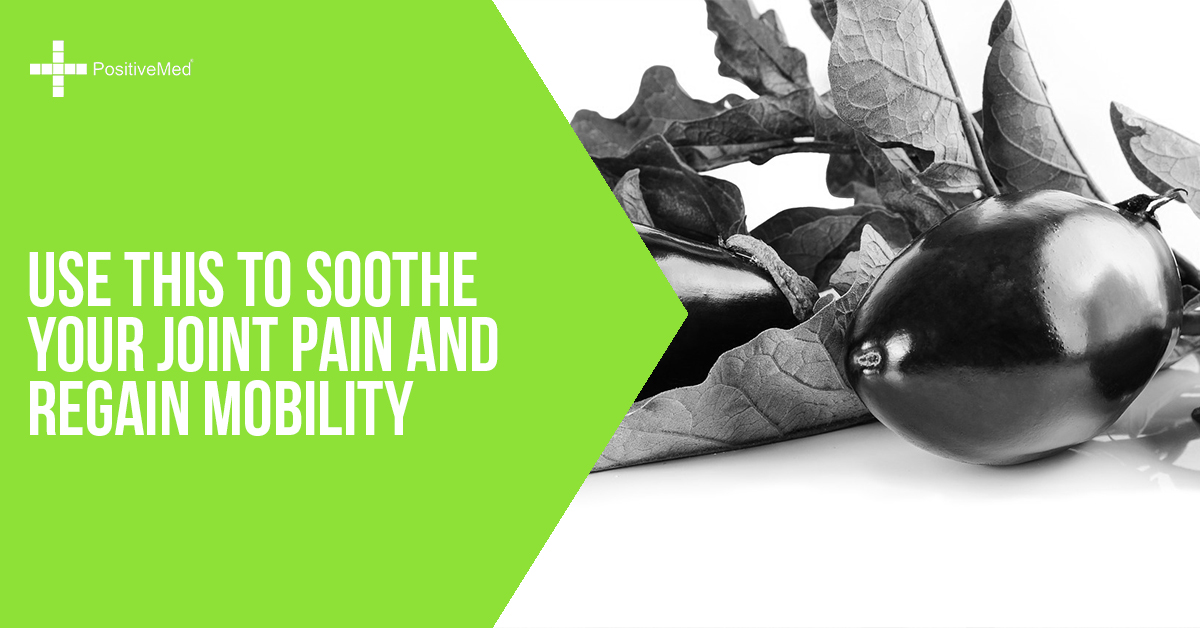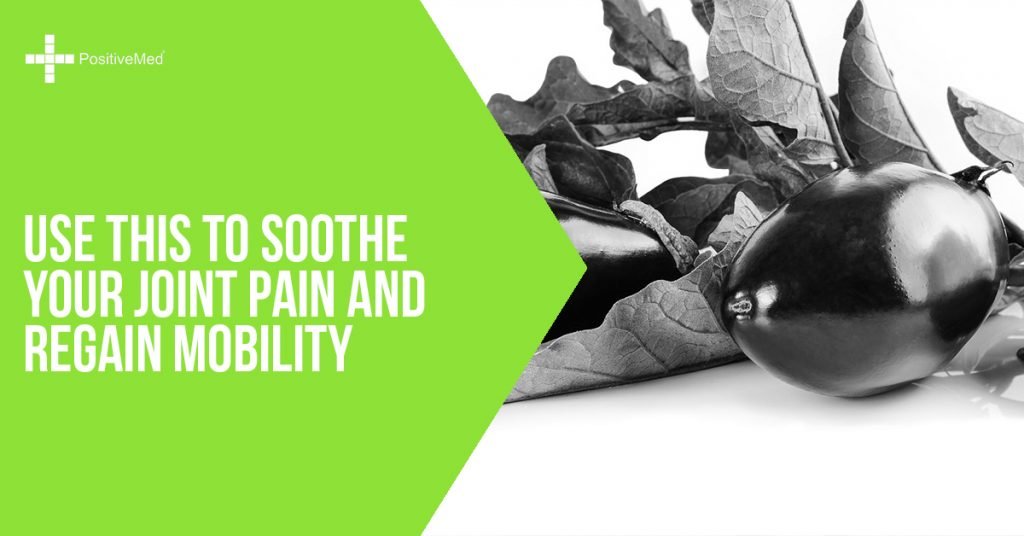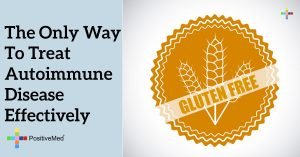There was once an elderly lady could barely get out of bed in the morning due to excruciating joint pain. She was prescribed one anti-inflammatory medicine after another, but they only eased her symptoms temporarily. Eventually, the terrible pain of her arthritis, for this is what it was, would come back. Eventually, she found her salvation in eggplants. Specifically, she found help in eggplant water.

According to the lady, the eggplant water, taken both externally and internally, not only eased the pain but made the cause of it go away. Arthritis that the woman suffered from is caused when the cartilage that cushioned the bones in her ankles and knees started to deteriorate. Cartilage is a gel-like substance that acts as a shock absorber when the joints are used. The damage done to the cartilage caused it to release enzymes that destroyed the very components that made it up.
Arthritis attacked the lady’s ankles and knees because these are weight-bearing joints and subject to more stress. Because she was an older lady, her arthritis was due to the ravages of time. Besides her pain, she had tenderness and swelling of either the tissue or bone around the joints. She heard a creaking sound called crepitus whenever she moved them.
Her recipe for the arthritis cure was this:
Internal Cure
• Bring a pot of water to boil
• Slice a medium sized eggplant into rounds
• Place them in the boiling water, and take the pot off the heat
• Let the eggplant steep in the cooling water
• Drain 25 ounces of the water into a jar and put it into the fridge.
Drink an 8-ounce glass of the eggplant water three times a day, at breakfast, lunch, and dinner.
RELATED ARTICLE: If Your Joints Hurt When It Rains, This Is The Reason
External Cure
The external cure is prepared the same way as the internal cure except the person adds olive oil to the water. After the mixture cools, it is rubbed on the affected joints and then covered with a clean cloth before bedtime. This is done every day for 20 days.
Why Eggplant?
Eggplant is one of those fruits used as a vegetable. It is full of nutrients, including vitamins, minerals, flavonoids, and other antioxidants. Antioxidants are substances that prevent damage by free radical oxygen molecules. These are oxygen molecules that grab electrons from other molecules and can damage the cells made from these molecules.
Flavonoids are plant pigments that are also powerful antioxidants. An important flavonoid is nasunin, which gives the eggplant its purple color. Nasunin is especially good at protecting the membranes of cells from antioxidant damage. It has anti-cancer properties because it prevents tumors from developing their own blood vessels, thus giving them a supply of oxygen and nutrients.
Studies have shown that plant foods high in antioxidants bring relief to arthritis sufferers. Even in people who haven’t developed arthritis, these antioxidants lower the risk of damage to the cartilage between their joints. In people with arthritis, antioxidants tend to keep the deterioration of the joints from getting worse.
Besides this, eggplant is also rich in vitamin E, vitamin C, Vitamin A, the B vitamins, copper, boron, and zinc, which have also been shown to ease the symptoms of arthritis. Vitamin A, E, and C are all antioxidants and play a role in forming and supporting the health of the cartilage between the bones.
A Paradoxical Conclusion
Interestingly, doctors who treat patients with arthritis warn them against eating plants from the nightshade family, such as tomato, potatoes, peppers and yes, eggplant. These plants have alkaloids that seem to prevent the body from repairing damage to the joints. Clearly, eggplant is so rich in substances that sustain joint cartilage that its damaging alkaloids are overwhelmed.






